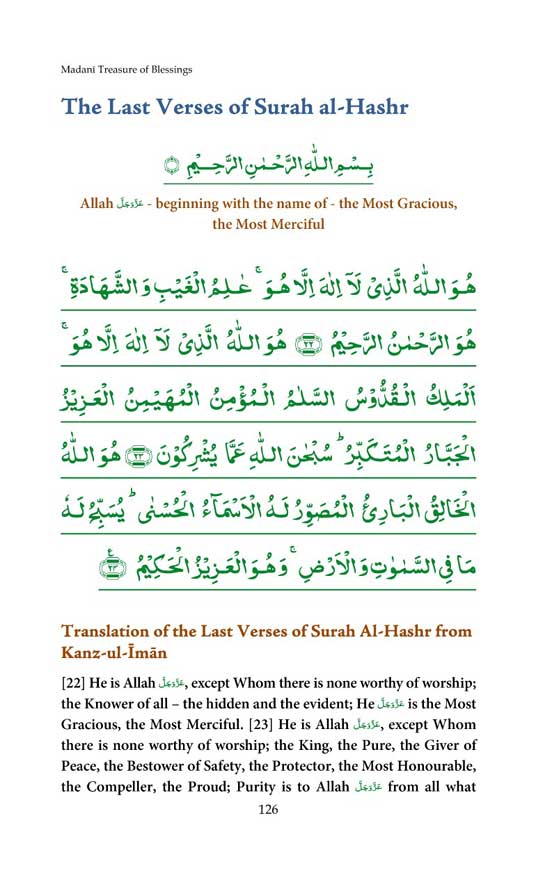

The migration of Muslims in the year 622 is stated in verses 16:41 and 47:13. Chapter 96 was Muhammad's (S.A.W) first Wahi (year 609).

Several verses are linked to specific events, making it easier to arrange them. Ibn Nadim, who lived in the 10th century, provides yet another example. Abu Salih mentions another list, and the book 'Kitab Mabani' contains a slightly different version of Abu Salih's. One edition is provided in 15th-century research by Abd al-Kafi and is included in the standard Egyptian version of the Quran's chronological order (1924). Since there are no authenticated sources from the time of Muhammad (S.A.W) or his companions, their works must be based on the views of historians, and none date from before the first qtr of the eighth century. Several medieval Islamic authors tried, with varying success, to assemble a chronologically arranged list of the chapters. "We have sent down and named a Surah, and We have sent down in it signals, simple signs, that you can hopefully know." The Quran also mentions it in plural form: "Or do they mean, He invented it?" "If you are honest, then bring ten Surahs like it and call on whomever you can except God." Īrthur Jeffery proposed in 1938 that the name came from the Syriac word surta, which means 'writing.' Initial efforts
#LAST 3 AYAT OF SURAH HASHR SERIES#
Origin of Word SurahĪt the time of Muhammad, the word Surah was used to refer to a section or series of verses from the Quran shown by the term Surah appearing in various places in the Quran. Such prayer units often provide the recitation of all or half of another Surah. Per unit of prayer repeats Surah Al-Fatiha, the first chapter of the Quran. Since the chapters are grouped in decreasing scale, the Quran's structure is neither linear nor thematic.ĭuring the standing sections (Qiyam) of Muslim prayers, Surahs (chapters) are recited.

The Bismillah is a formula that marks the beginning and end of Surahs. The Madani chapters, on the other hand, are more associated with organizing the social life of the emerging Muslim community and leading Muslims to Dar al-Islam by demonstrating power against disbelievers.Ĭhapters or Surahs begin with "In the Name of Allah, Ar-Rahman (The Beneficent), Ar-Rahim (The Merciful)," exception for Surah At-Tawbah. The Makki chapters are all about religion and details from the afterlife. Any chapter revealed after Muhammad's migration to Madina (Hijrah) is referred to as Madni, although any chapter revealed before that incident is called Makki. Makki chapters account for 86 of the Quran's 114 chapters, while Madni chapters account for 28. Surahs vary in length, with the shortest (Al-Kauser) having just three verses and the longest (Al-Baqarah) having 286 verses. The Quran contains 114 Surahs, each of which is divided into ayahs (verses). In the Quran, a Surah is the equivalent of a "chapter".


 0 kommentar(er)
0 kommentar(er)
